Keywords: Income Management
-
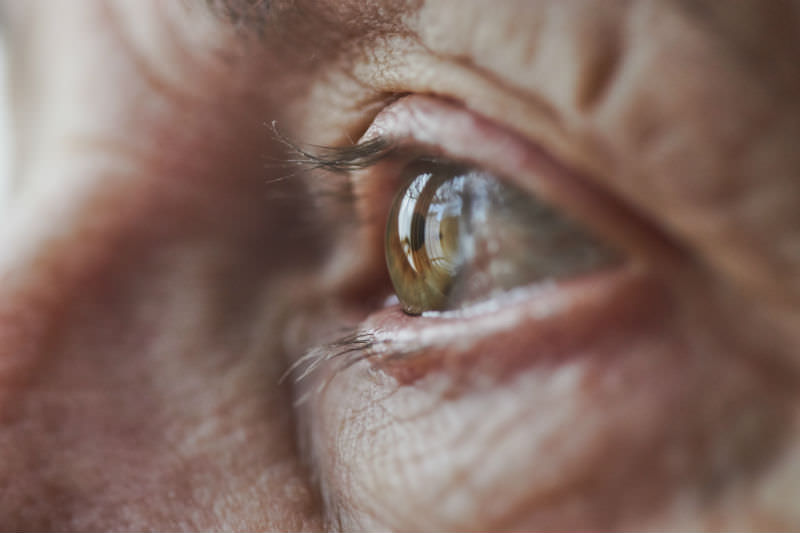
AUSTRALIA
- Rosie Williams
- 12 April 2019
2 Comments
Women's groups were initially cut out of this year's budget lockup with just two representatives admitted after fighting tooth-and-nail for the privilege. With such hostility to our cause it is hardly surprising to find the budget holds little hope for women in resolving the structural inequalities baked into our lives.
READ MORE 
-
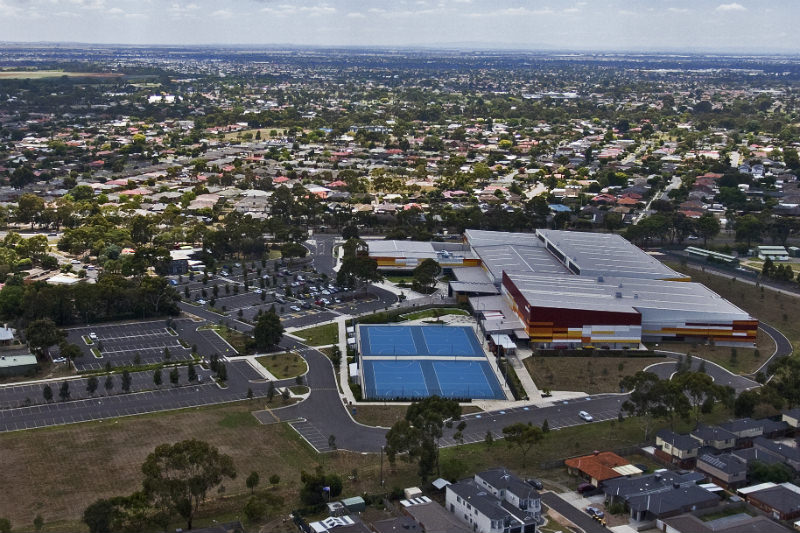
RELIGION
- Claire-Anne Willis and Denis Fitzgerald
- 20 July 2018
4 Comments
The demand for social housing and the substantial Church investment in land means that housing should remain a significant priority of the Catholic Church in Australia. It is an injustice for some to have more than enough while others lack bare necessities. Compassionate and fair leadership needs to drive social change.
READ MORE 
-
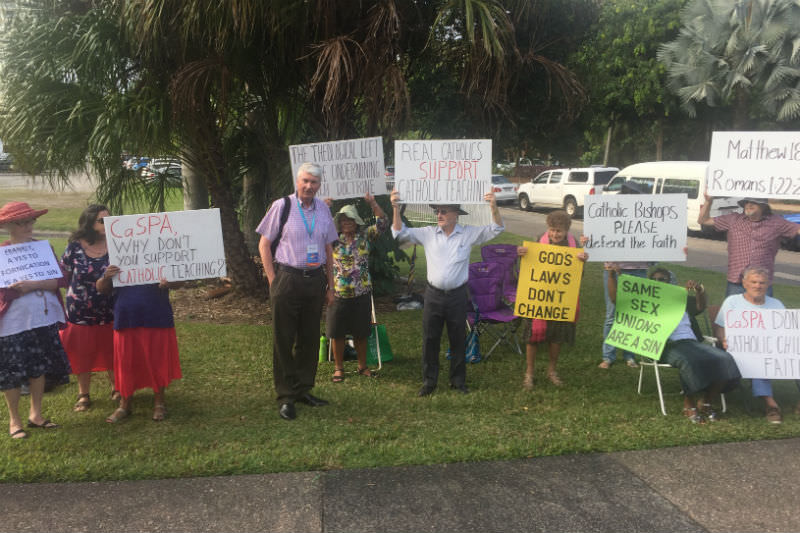
RELIGION
- Frank Brennan
- 16 July 2018
3 Comments
'Kristina Keneally was unapologetic in putting the place of women in our church front and centre. And so we should.' Tropical and Topical, 2018 National Catholic Principals' Conference, Cairns Convention Centre, 16 July 2018.
READ MORE
-

AUSTRALIA
- Andrew Hamilton
- 23 May 2018
8 Comments
These initiatives are sideshows, grubby and voyeuristic. They mask the simple truth: that governments have the duty to respect people as human beings and not ciphers, to provide benefits that help people to live with self-respect, to take responsibility for the disadvantage of Indigenous Australians and to involve them in its healing.
READ MORE 
-

ECONOMICS
- Gabriela D'Souza
- 17 May 2018
2 Comments
There were the stories that didn't get much of a mention in the mainstream press but will net large gains for young people and new entrants to the labour market. Under the budget measure, inactive super accounts with balances of less than $6000 will have a three per cent cap on fees charged. But is this policy quite what it seems?
READ MORE 
-

AUSTRALIA
Health spending takes up a significant amount of federal and state government spending. But is this to keep Australians healthy, or to treat us when we get sick? The budget was a missed opportunity to invest in preventative health measures, and to fix health inequalities through policies informed by the social determinants of health.
READ MORE 
-
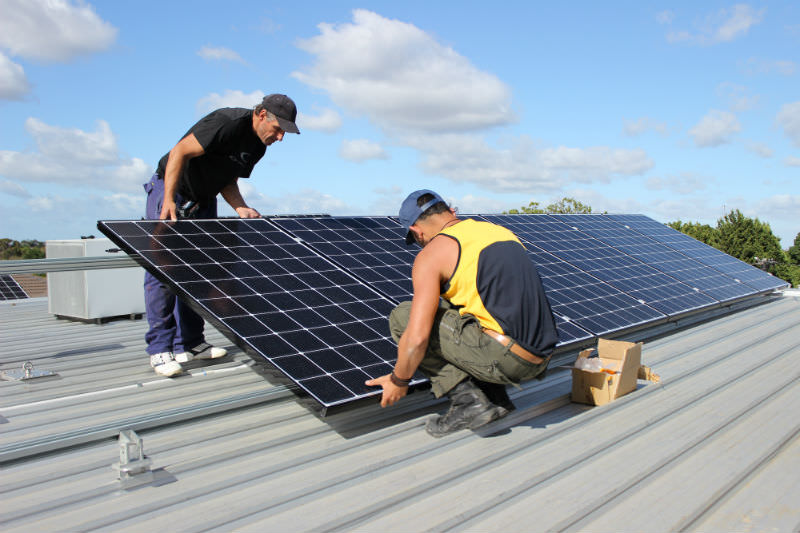
ENVIRONMENT
This is Australia's looming inequality issue. Those who can take advantage of the energy revolution will have lower bills and more comfortable living conditions during the frequent extreme weather events we'll experience with climate change. Those who can't will be left reliant on a dirty, aging and increasingly expensive electricity grid.
READ MORE 
-
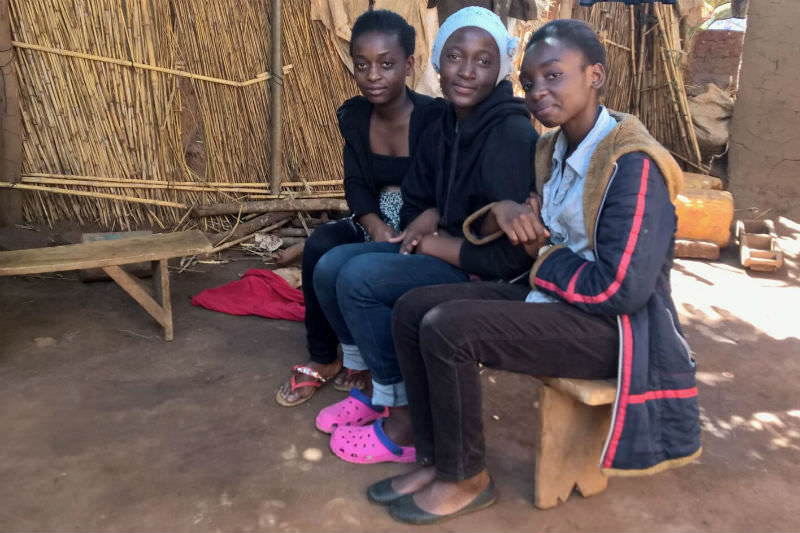
INTERNATIONAL
- David Holdcroft
- 26 February 2018
5 Comments
Louise, Aline and Kapinga are hardly household names in Australia. They are better known in Malawi, having received the prestigious Scientific and Technological Innovation Award at the Malawian National Schools Science Fair. Aline and Kapinga are all refugees residing at Malawi's Dzaleka Refugee Camp.
READ MORE 
-
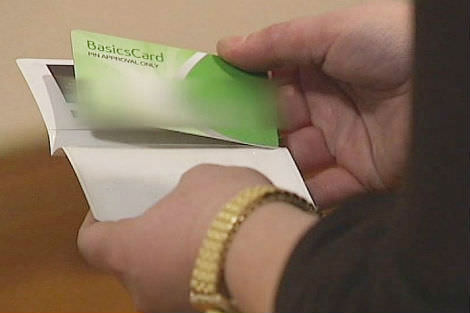
AUSTRALIA
- Kate Galloway
- 26 September 2017
9 Comments
The Senate is currently inquiring into the Cashless Debit Card Bill that will further expand the income management program. Welfare is a redistributive mechanism that supports the dignity and self-determination of the individual. In tying conditions to payments government is denying the self-determination of welfare recipients, counter to the very purpose of welfare.
READ MORE 
-

AUSTRALIA
- Frank Brennan
- 31 May 2017
6 Comments
Indigenous leaders this last week have called for the creation of two new legal entities. They want a First Nations Voice enshrined in the Constitution, and a Makarrata Commission set up by legislation. The Makarrata Commission would supervise agreement making between governments and First Nations and engage in truth telling about history. The envisaged destination is a national Makarrata (or treaty). So the immediate constitutional issue is the creation of the First Nations Voice. There is no point in proceeding with a referendum on a question which fails to win the approval of Indigenous Australia. Neither is there any point in proceeding with a referendum which is unlikely to win the approval of the voting public.
READ MORE
-
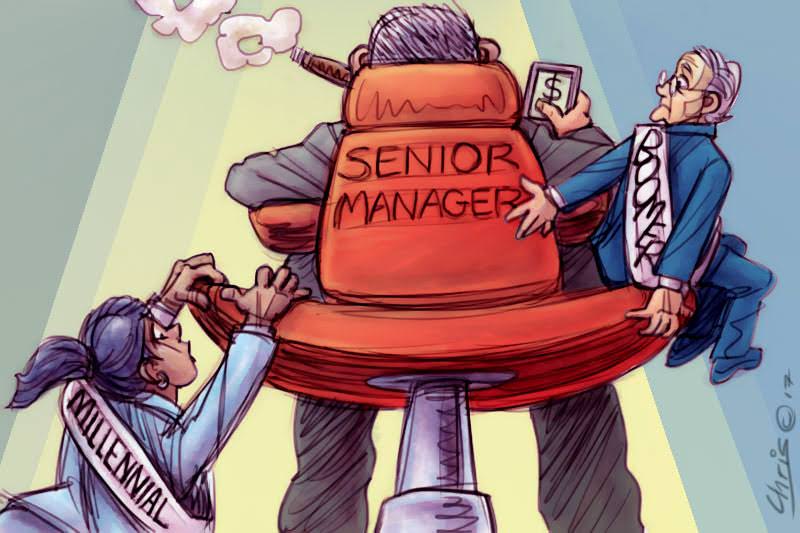
ECONOMICS
- Rachel Kurzyp
- 15 May 2017
3 Comments
Kids these days. We can't hold down a job, we expect to be promoted before we've proven ourselves and we put our career needs before the needs of an organisation. We're the largest age group, making up 37 per cent of the Australian workforce, yet we're expected to shut up and wait our turn. What is it about millennials that has everyone scared? People claim the stereotype is based on generational cohort, not age. But for young Australians in the workforce, they are one and the same thing.
READ MORE 
-

RELIGION
- Frank Brennan
- 29 March 2017
1 Comment
'We need to be more focused on grace, Christ and God's word, rather than just on law, the Church and papal utterances. But today, I will draw more on law, the Church and the Pope to point us towards those more fruitful domains: grace, Christ and God's word. Our future visioning needs to focus more on the gospel imperatives including the option for the poor and the dignity of all persons, including those who are non-believers.' Address to Catholic Health Australia's Catholic Governance Symposium, 27 March 2017
READ MORE